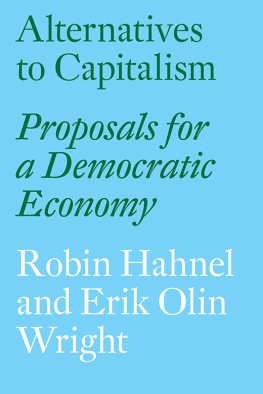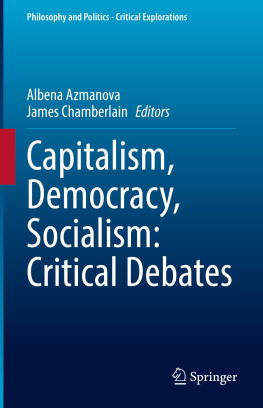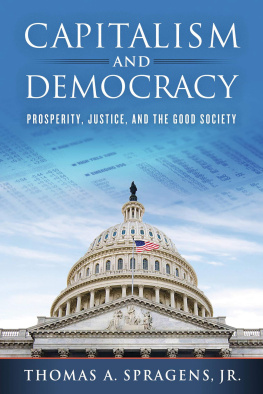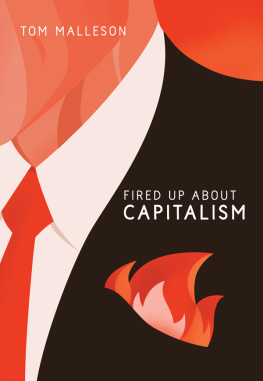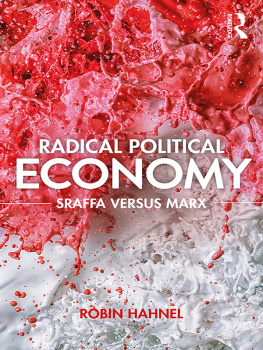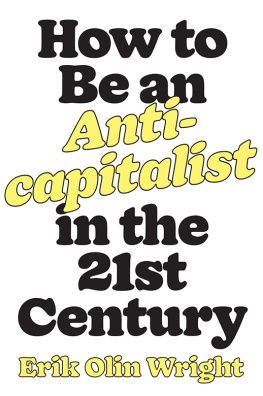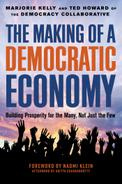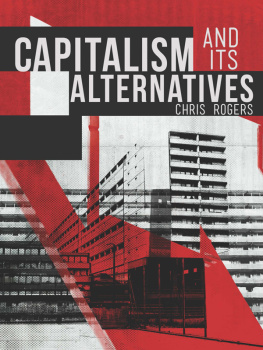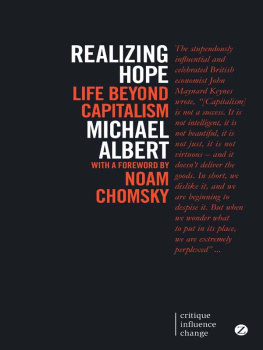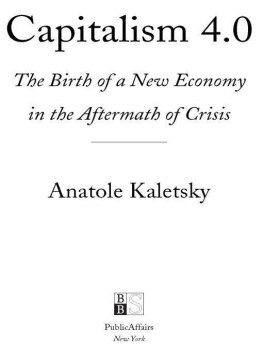Poverty, exploitation, instability, hierarchy, subordination, environmental exhaustion, radical inequalities of wealth and powerit is not difficult to list capitalisms myriad injustices. But is there a preferable and workable alternative? What would a viable free and democratic society look like?
Alternatives to Capitalism: Proposals for a Democratic Economy presents a debate between two such possibilities: Robin Hahnels participatory economics and Erik Olin Wrights real utopian socialism. It is a detailed and rewarding discussion that illuminates a range of issues and dilemmas of crucial importance to any serious effort to build a better world.
Is it worth devoting energy to thinking about alternatives to capitalism? There is a tradition within anti-capitalist politics that thinks not. It is argued that idle speculation distracts from what really matters: the struggles emerging in the here and now, which are the soil from which any emancipatory future will spring. Moreover, if participation in those struggles is done on the basis of a preconceived vision, their creativity and experimentation may be inhibited.
However, a compelling case can be made that serious visionary work can invigorate and strengthen radical politics. The most powerful movements of the left in the twentieth century failed to produce a desirable alternative to capitalism, leading instead to authoritarian really existing socialism in the USSR and its satellites, on the one hand, and humanized capitalism of social democracy, on the other. This has led to pessimism about widespread transcending capitalism, even among radical movements and their sympathisers. By contrast, a left animated by a shared vision, resting on the kind of credible intellectual foundations that Robin and Erik supply, could help provide confidence and strategic direction that lacking to day.
This dialogue brings together two writers who, motivated by such considerations, have devoted substantial efforts to thinking systematically about a next economic system. Both Robin and Erik began this process in the 1990s, when the collapse of the USSR heralded a new era of capitalist triumphalism. Robin and his collaborator Michael Albert built on ideas that had emerged within the libertarian socialist tradition in the twentieth centuryincluding council communists, anarcho-syndicalists and elements of the New Leftto develop a plausible anti-capitalist economic model known as participatory economics. This model dispenses with the defining features of a capitalist economyprivate ownership, markets and a hierarchical division of laborreplacing them with self-managing worker and consumer councils, and a novel procedure of participatory planning. His latest book on the subject is Of the People, By the People: The Case for a Participatory Economy (AK Press, 2012), where he presents a comprehensive, yet accessible explanation of the model.
In the 1990s Erik initiated the Real Utopias Project, editing a series of books canvassing and assessing a range of proposals for emancipatory institutional arrangements. This eventually led to the publication of his own work, Envisioning Real Utopias (Verso, 2010). By far the most ambitious book in the series, developed in part through a speaking tour of 18 countries over four years, it outlines a novel conception of socialism, anchored in the concept of social empowerment; a variety of general institutional configurations that could facilitate its realization; and a detailed discussion of strategy for social transformation.
In Alternatives to Capitalism Erik and Robin bring to bear the ideas developed in Of the People, By the People and Envisioning Real Utopias. focuses on real utopian socialism. Each part opens with a lead essay that summarizes the main ideas of the authors approach, followed by a critical commentary by the other author, followed by a rejoinder. The distinctive nature of this text is the depth of the dialogue that emerges. New arguments and ideas surface in each of the six contributions, while key issues are revisited throughout and subjected to sustained evaluation. The result is a work that, even as it covers a range of issues in economics, social theory and history, achieves a rare degree of depth and thoroughness.

